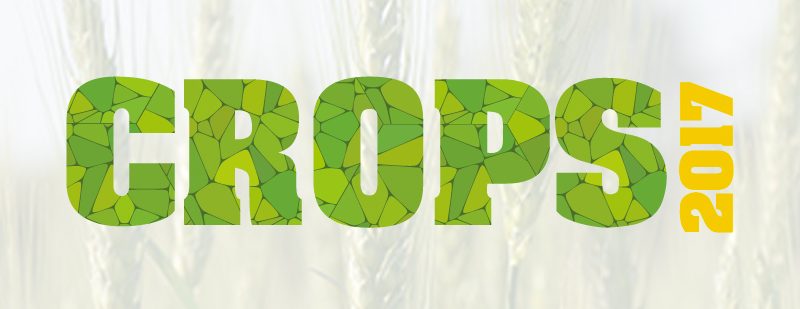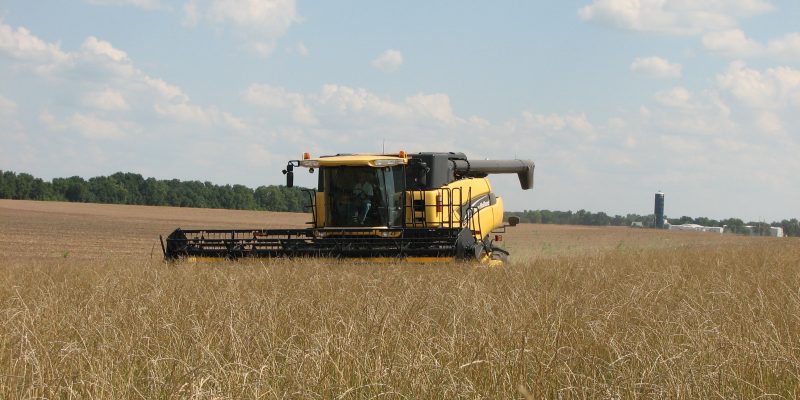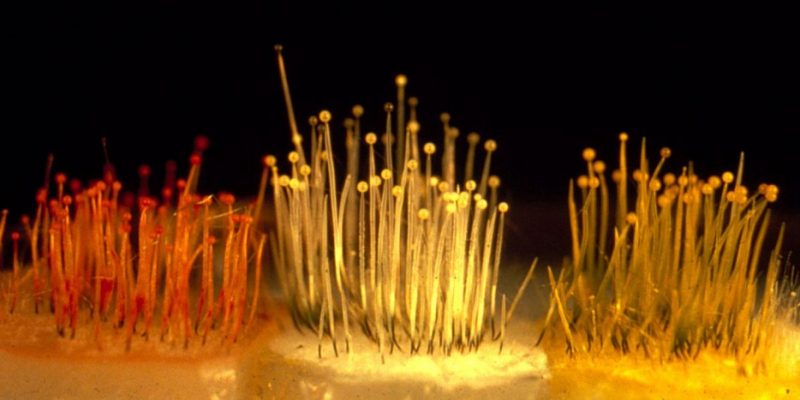Huntsville, Ala. — HudsonAlpha Institute for Biotechnology, in collaboration with the University of Georgia, will host the second CROPS conference June 5-8, 2017, bringing together leading genomics researchers and plant breeders from around the world.
CROPS will address the intersection of newly emerging genomic technologies and their application to crop improvement.
Continue reading “HudsonAlpha to host conference on crop improvement June 5-8”






